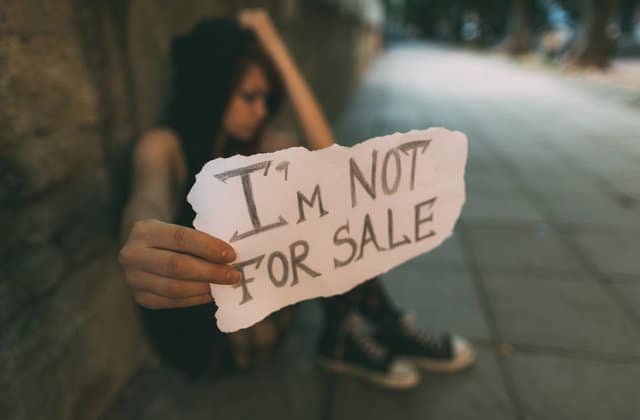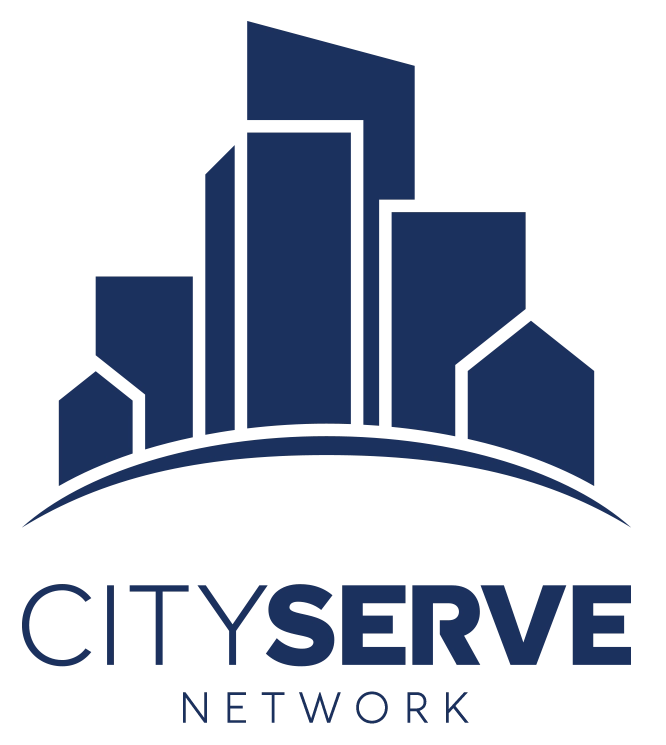Ensure Justice for The Exploited
Modern-Day Slavery
 One hundred, forty-six million is a large number. It becomes frightening when considering that’s how many victims are trapped in modern-day slavery today. One may ask, what is modern-day slavery? And how did we as a church let that number get so outrageous? Modern-day slavery takes many forms and the most common is human trafficking. Of this number, 71% of women, 29% of men, and 21% of children are exploited in human trafficking rings across the globe. They are forced to perform a type of labor for commercial sex acts against their will. According to the U.S. Department of Homeland Security, “traffickers use force, fraud, or coercion to lure their victims and force them into labor for commercial sexual exploitation.” Sadly, this repulsive crime is happening in our neighborhoods, and traffickers do not discriminate.
One hundred, forty-six million is a large number. It becomes frightening when considering that’s how many victims are trapped in modern-day slavery today. One may ask, what is modern-day slavery? And how did we as a church let that number get so outrageous? Modern-day slavery takes many forms and the most common is human trafficking. Of this number, 71% of women, 29% of men, and 21% of children are exploited in human trafficking rings across the globe. They are forced to perform a type of labor for commercial sex acts against their will. According to the U.S. Department of Homeland Security, “traffickers use force, fraud, or coercion to lure their victims and force them into labor for commercial sexual exploitation.” Sadly, this repulsive crime is happening in our neighborhoods, and traffickers do not discriminate.
Sadly, this repulsive crime is happening in our neighborhoods, and traffickers do not discriminate.
Speak Up, Ensure Justice
In Proverbs 31:8, God calls us to, “Speak for those who cannot speak for themselves; ensure justice for those being crushed.” This verse specifically is a template for what the local church should do about the men, women, and children who are being exploited every day—speak up, ensure justice.
In Proverbs 31:8, God calls us to, “Speak for those who cannot speak for themselves; ensure justice for those being crushed.”
CityServe empowers and equips the local church to do exactly that—speak up, ensure justice—through The Exploited Initiative. The Exploited Initiative is one of CityServe’s 10 biblical compassion initiatives to create true community transformation. People who are exploited are often connected to one or more of the other Compassion Initiatives, which include The Prisoner, The Hungry, The Poor, The Vulnerable, The Orphan, and The Addicted. They are disadvantaged in society and in great need, distinguishing them as key targets to traffickers.
“Every day, children both boys and girls, are solicited for sex, within 72 hours of being on the street, 55% of street girls engage in some form of commercial sexual exploitation. 75% work for a pimp and 1 in 5 become entangled in some kind of organized crime network. 50% of homeless youth spend at least one day a month without food. They are hungry and in the United States, the statistics are difficult to ascertain how many kids are being used in commercial sex. Someone else is selling our kids to make money,” says Dr. Sandra Morgan, who sits on the White House’s Public-Private Partnership Advisory Council to End Human Trafficking.
“Human trafficking doesn’t pride to one culture, one financial status, one community because there is vulnerability in every community,” says Leslie Painter, CEO, and co-founder of Freedom Won, a nonprofit in Bakersfield, California that exists to engage, equip & empower to stop human trafficking.
Cupcakes & Friendship
Painter has been working with victims of human trafficking since 2008 when her son became friends with her neighbor’s son whose mother worked at a local strip club. Eventually, through their children’s friendship, Leslie and this mother became friends which led to the birth of a ministry outreach called Cupcakes and Friendship. Cupcakes and Friendship is a local outreach of Freedom Won that delivers cupcakes to women working in strip clubs while also offering prayer. Its mission is to be a resource for women who are in and coming out, of the sex industry. They aim to remind women that they are “loved, radiant, and strong”.
Over the last 14 years, what started with sharing cupcakes, lipgloss, earrings, and prayers led them to connect with 1,700 women, and empowered 40 women to leave the sex industry. They have placed and transported 10 human trafficking survivors to shelters to receive long-term aftercare. Cupcakes and Friendship have helped over 65 exploited women and children with food, clothing, and home goods, in partnership with CityServe. Through CityServe resources, local churches collaborate with Freedom Won to furnish the womens’ homes and provide basic necessities that they could not otherwise afford.
Over the last 14 years, what started with sharing cupcakes, lipgloss, earrings, and prayers led them to connect with 1,700 women, and empowered 40 women to leave the sex industry.
In one particular situation, a mother needed a couch for her living room and a bed for her daughter. She contemplated going back to perform sexual acts to pay for what she needed—it was the only way she knew how to earn money. However, the local church stepped in and provided those items for her. Present-day, this woman has been rescued from human trafficking and a local church has given her the emotional and practical support she needed to build a new life.
“Traffickers are smart and know psychology. They use Maslow’s hierarchy of needs—food, shelter, love, friendship. They will provide all of those and it builds loyalty to that person. This is called the ‘grooming process,’” continues Painter.
But there is hope. Consider the effects if the body of Christ provided those needs of food, shelter, love, and friendship first.
But there is hope. Consider the effects if the body of Christ provided those needs of food, shelter, love, and friendship first.
Where the Church Can Start
The local church is positioned to provide real prevention. Those vulnerable to trafficking need help with tangible needs and real relationships rooted in Christ’s love—two things the body of Christ can easily give. The local church can start by identifying the need and respond quickly, much like Cupcakes and Friendship.
Another step the local church can take to speak up for The Exploited is to raise awareness and know the signs. When the community as a whole is equipped with resources and education, the root causes of human trafficking can begin to be addressed. By identifying the danger and consequences of human trafficking, we can respond with God’s compassion for the victims. To learn about the signs of human trafficking, visit www.cityserve.us.
Human Trafficking has the potential to thrive in our community as long as we ignore the issue.
If you believe you have information about a trafficking situation: Call the National Human Trafficking toll-free hotline at 1-888-373-7888. Anti-Trafficking Hotline Advocates are available 24/7 to take reports of potential human trafficking. Text the National Human Trafficking Hotline at 233733.
